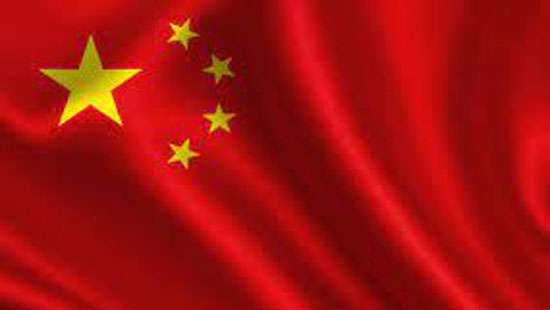Reply To:
Name - Reply Comment

China, more than any other country in the region or elsewhere, offers exchange programmes to the parliamentarians from Sri Lanka.
In the previous Parliament, all 225 members were offered chances to undertake familiarisation tours to China and to engage with the Communist Party of China (CPC) as part of its international engagement. A fair number of MPs from the current Parliament has also travelled to China currently, and more programmes are likely to take place accommodating the rest in the near future. These programmes also include politicians who are not MPs. If not for the Covid-19 pandemic, most would have already visited China. A group of MPs are also in China at the moment.
China, as a rising power with its economic, technological and scientific marvels, has accelerated its international engagements. Sri Lanka, given its strategic pivot in the Indian Ocean, remains key to China’s interests. In one aspect, China wants to showcase its potential to the world and goes by its proverb ‘seeing once is better than hearing a hundred times’. It is a country naturally inclined to present its case to the world in such a manner. The MPs are the ones who matter most in policy formulation and implementation and decision making. Engagement with them is fundamental as a result.
In recent years, particularly after 2015, the CPC has widened its reach across the political spectrum of Sri Lanka. Instead of dealing with the party in power only, it has now begun to promote party to party ties with all. The ruling Sri Lanka Podujana Peramuna (SLPP) is used to have ties with the CPC in a major way. In fact, MP Namal Rajapaksa, the son of former President Mahinda Rajapaksa, heads Sri Lanka - China Parliamentary Friendship Association. He also led parliamentary delegations to China in recent times.
Before 2015, the Mahinda Rajapaksa government fostered ties with China which financed main infrastructure projects in Sri Lanka. Sri Lanka signed up for China’s ambitious Belt and Road Initiative (BRI) project doing his time only. Chinese President Xi Jin ping visited Sri Lanka in 2014 and laid the foundation stone for the Colombo Port City. Given such enhanced connectivity, the political opposition even criticized China for what they called ‘a patron of the Rajapaksas’.
Now, China has developed connections with all the mainstream parties. In fact, the Chinese embassy made a cash donation to the charity project being carried out by Opposition Leader Sajith Premadasa.
Such an approach is conceivable from the CPC point of view. In a multi-party democracy like Sri Lanka, it is conceivable that the opposition will get back to power at one point. Even-handed approach with all across the political divide matters in that context. Therefore, China is reaching out to all in Parliament without confining its relationship to the party in power only. (Kelum Bandara)